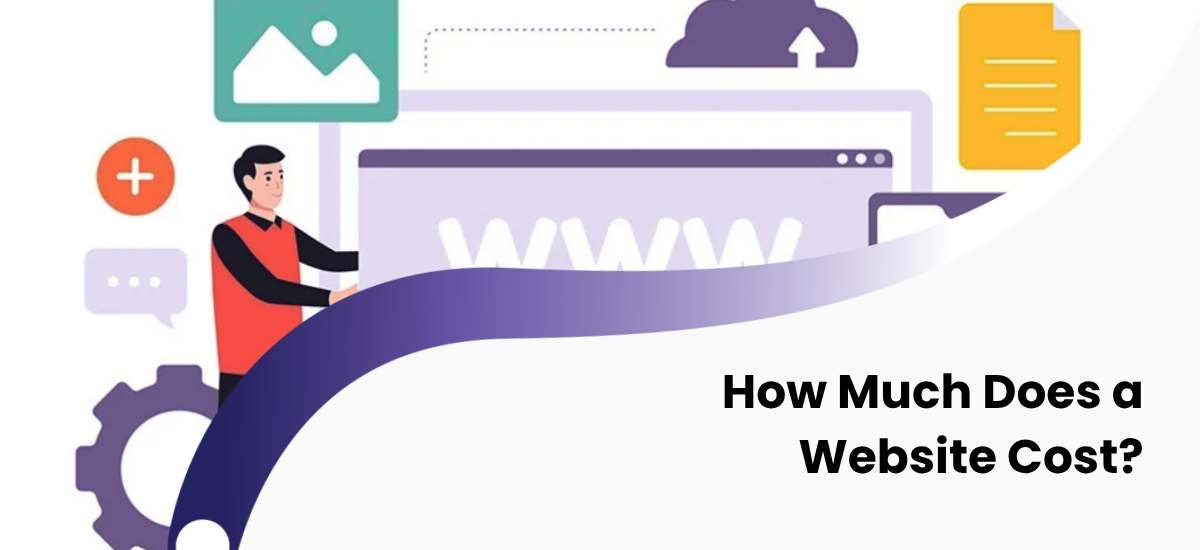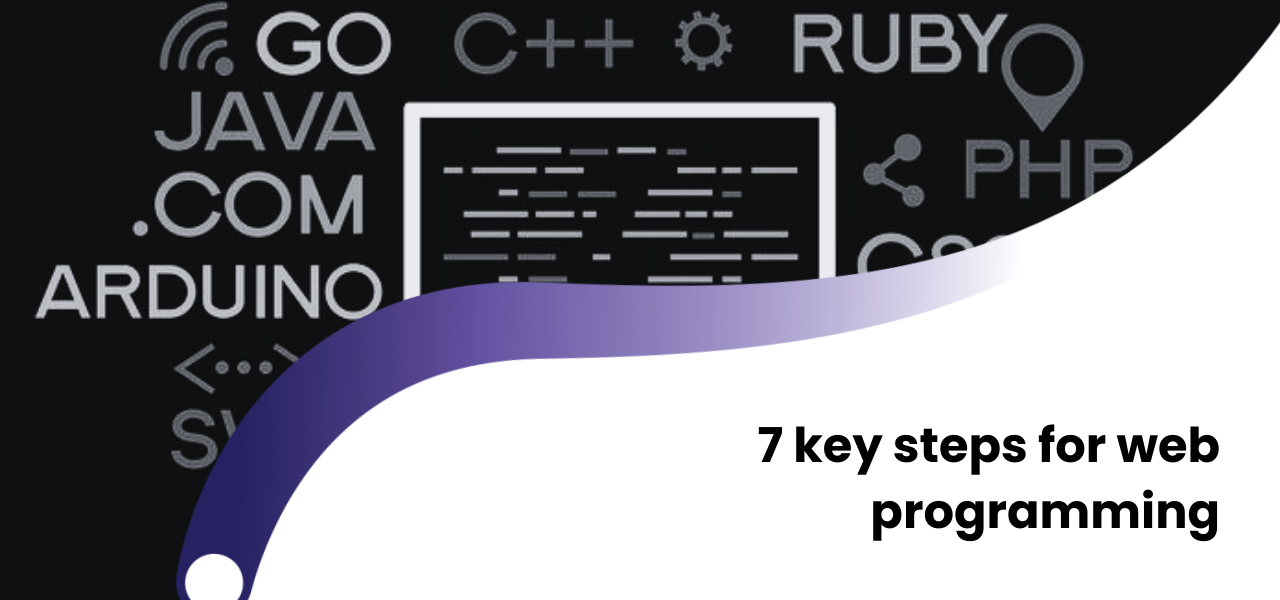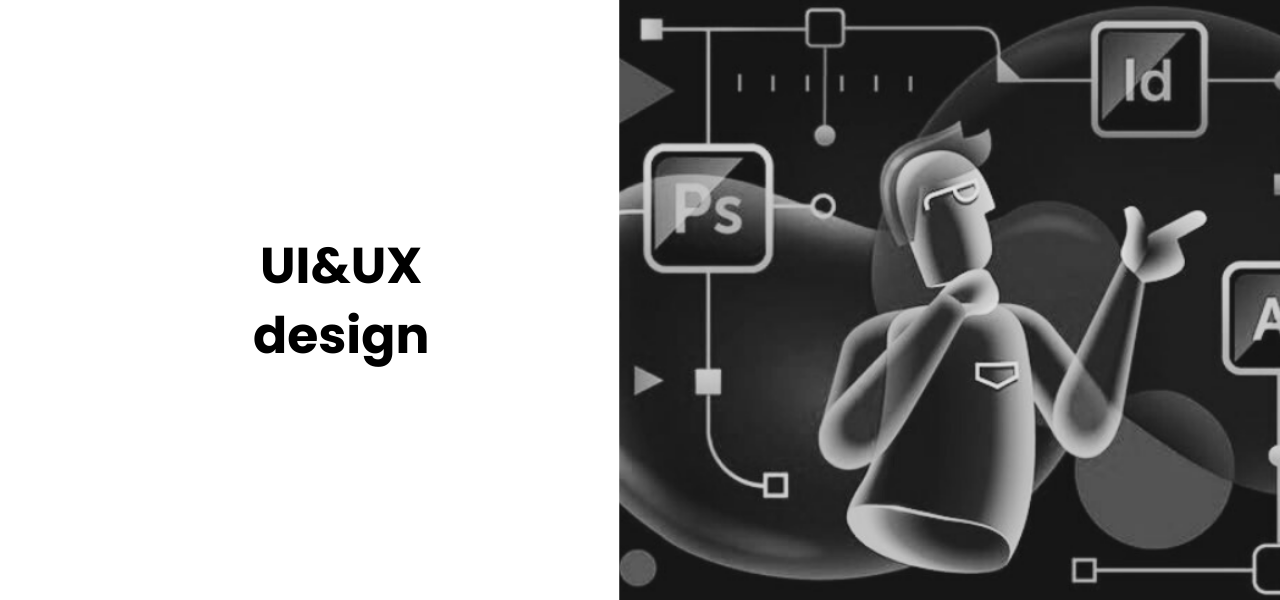The first question business owners ask about website development is usually, "What is the price of a website?" This is like asking, "What is the price of a car?" The answer depends entirely on your needs: are you looking for a simple hatchback, or a truck with special cargo capabilities?
This is why you see drastic differences in prices when you order a website. Some companies offer ready-made templates, while others build custom solutions from scratch for your business goals. A website's final price is directly dependent on its functionality and complexity.
In this article, we won't answer "how much?" but "why?" Let's explore the 5 key factors that shape your project's final price.
The "Cheap Website" Concept: The Most Expensive Choice?
Often, businesses operate with a "just get me a website" mentality for a minimal cost. Ready-made template sites can seem attractive at first with their low prices. However, these templates do not adapt to your unique business processes. As a result, as your business grows, you encounter these limitations and are forced to rebuild the site from scratch. This means a much larger expense than the initial price paid.
Remember: a website that doesn't bring you customers or automate your work is expensive, no matter how low its price tag.
5 Key Factors That Determine a Website's Price
The total price of a web project is a combination of these five components:
1. Design: Unique UX/UI vs. Ready-Made Template
Template Design: This is a ready-made "outfit" used by thousands of other sites. Customization options are very limited and it doesn't reflect your brand's individuality. This is the lowest-price option.
Custom UX/UI Design: In this approach, designers first research your target audience. The User Experience (UX), or how the user moves through the site, and the User Interface (UI), how it looks, are crafted from scratch precisely to convert your visitors into customers in the most seamless way. This requires a higher investment but drastically increases conversion rates.
2. Functionality and Complexity (Types)
The main factor affecting the price is what the site can do:
- Corporate Website / Brochure Site: Mainly displays static information like "About Us," "Services," "Contact." It takes less time to develop and comes at a more affordable price.
- E-commerce Site (Online Store): This isn't just a site; it's a digital business. It includes online payment systems, a product catalog, a shopping cart, user accounts, discount modules, etc.
- Web Platform / Portal: This is the most complex level. These are custom solutions with complex business logic, such as a recruitment portal, a real estate listings platform, or a custom CRM system.
3. Integrations: Connecting with External Systems
A modern website shouldn't work alone. It needs to "talk" to other parts of your business. Does your site need to integrate with the following systems?
- CRM integration for customer data?
- Connection with an ERP solution for inventory and accounting?
- Integration with local bank payment systems (e.g., Kapital Bank, Pasha Bank) for online payments?
- Connection with email marketing services (e.g., Mailchimp)?
Each additional integration increases the project's complexity and the required investment.
4. Content Management System (CMS)
How will you manage your site's content (articles, products, images)? There are two main paths here as well:
Open-Source CMS: Ready-made systems like WordPress. They are widespread but are more vulnerable to security gaps and it's difficult to add custom functionality.
Custom CMS: A system coded from scratch based on your business requirements. It contains exactly the functions you want, is more secure, and is easier to manage. This, of course, affects the price.
5. Technical Support, Security, and Hosting
Website development is not a one-time process. Like a car, a site needs constant maintenance. When planning the price, you must consider security updates, server (hosting) costs, and technical support packages. The server power required by a high-traffic, complex platform is not the same as that required by a simple corporate site.
Conclusion: Focus on Value, Not Price
As you can see, there is no single answer to "what is the price of a website?" You should see the budget you allocate for a website not as an "expense," but as an investment in your business's digital foundation.
As Crocusoft, we do not offer ready-made templates. We listen to your business goals, analyze your processes, and build the custom web platforms and custom software solutions that will add the most value to you. Our goal is not just to give you a website, but to provide a technological tool for you to win against the competition.
Frequently Asked Questions (FAQ) About Website Prices
1. Why can't I get an exact price for a website?
Because every business is unique. It's impossible to calculate a final price before your needs (e-commerce, CRM integration, custom design, etc.) are specified. It depends on your project's technical requirements (Technical Task).
2. Are template sites always a better deal?
Their initial price is low, but not in the long run. As your business grows, templates won't be able to meet your needs, and you'll end up paying double to build the site from scratch.
3. What affects a website's price the most?
The factors that most affect the price are custom functionality (e.g., a special calculator, reservation system) and integrations with external systems (e.g., ERP or banking systems).
 +994512060920
+994512060920





